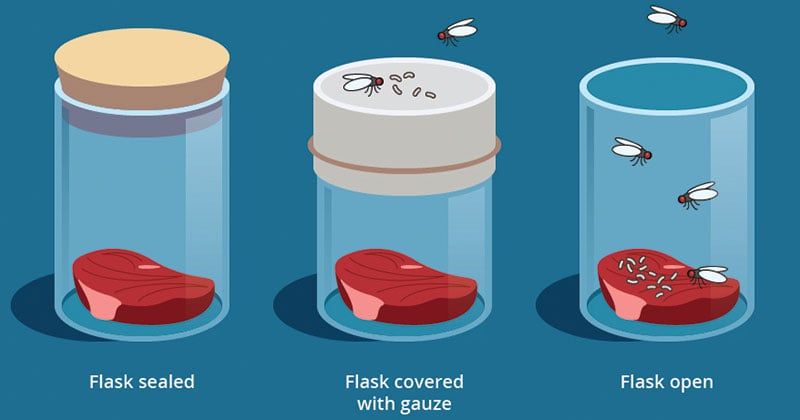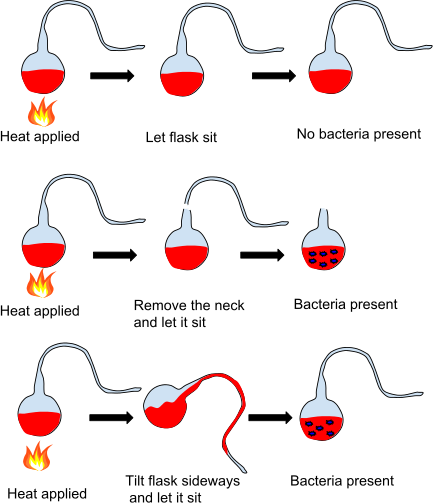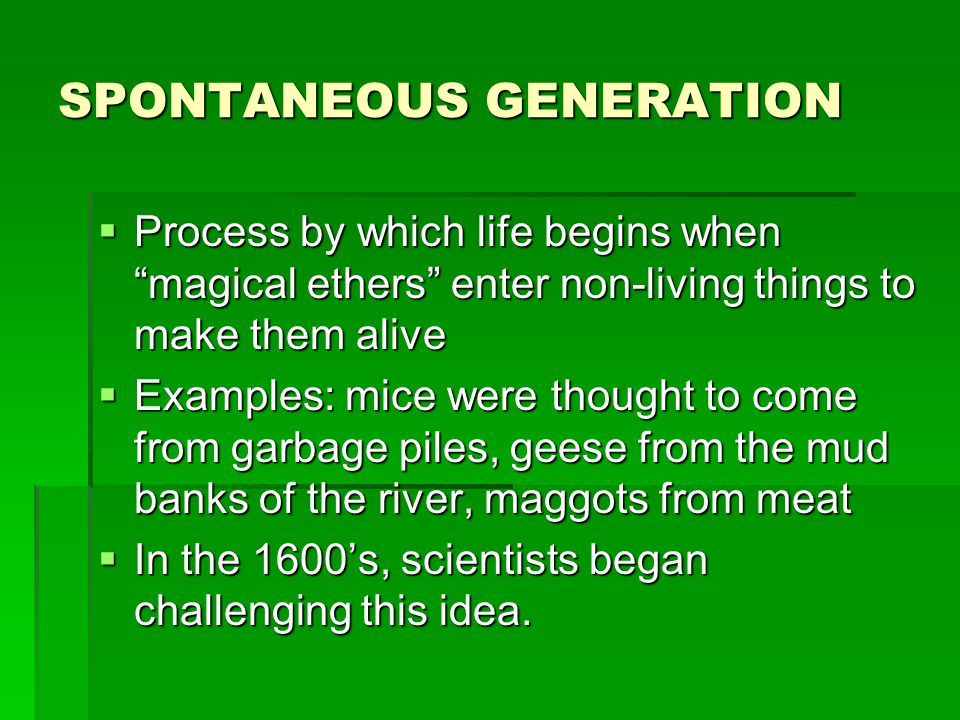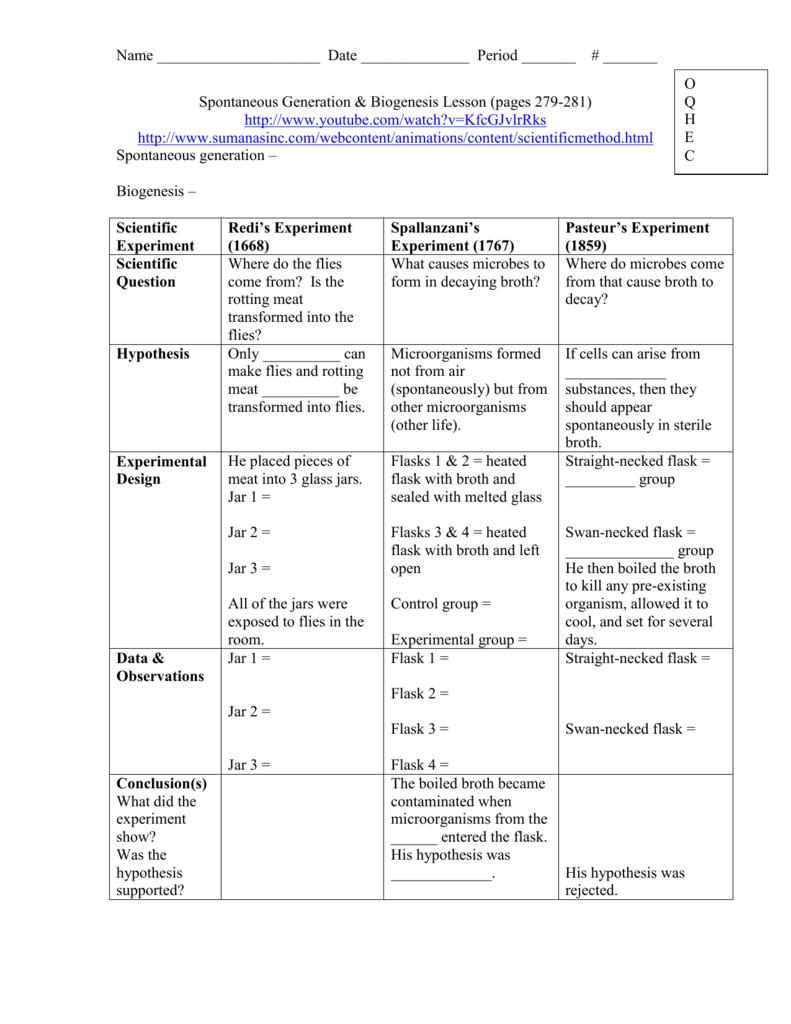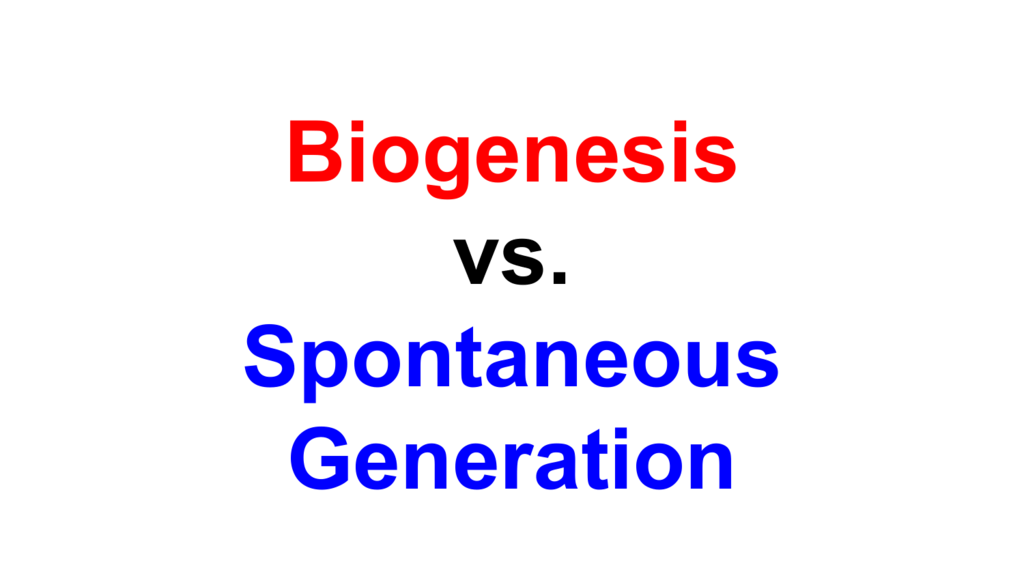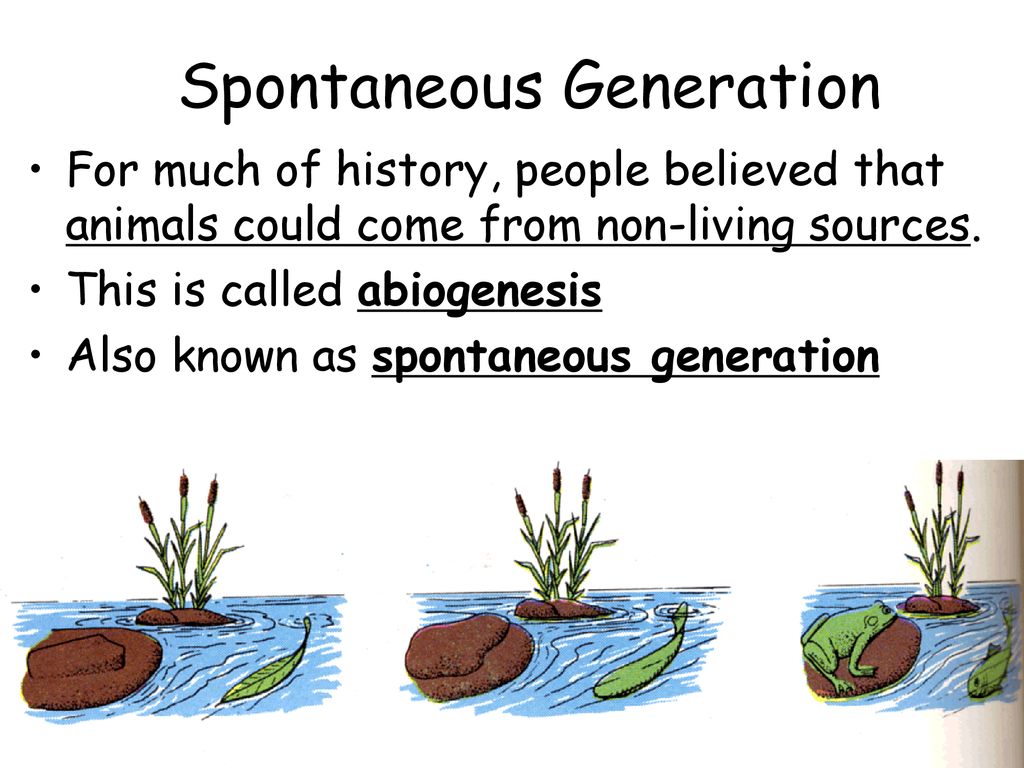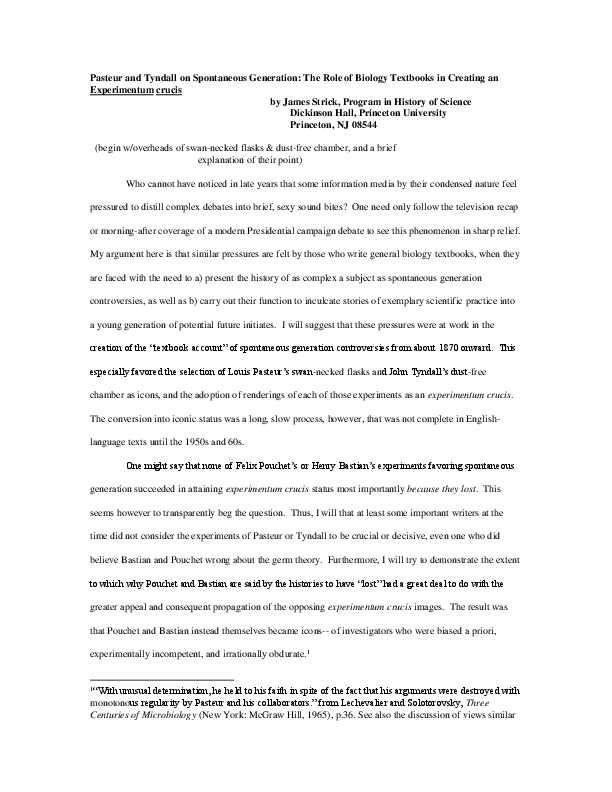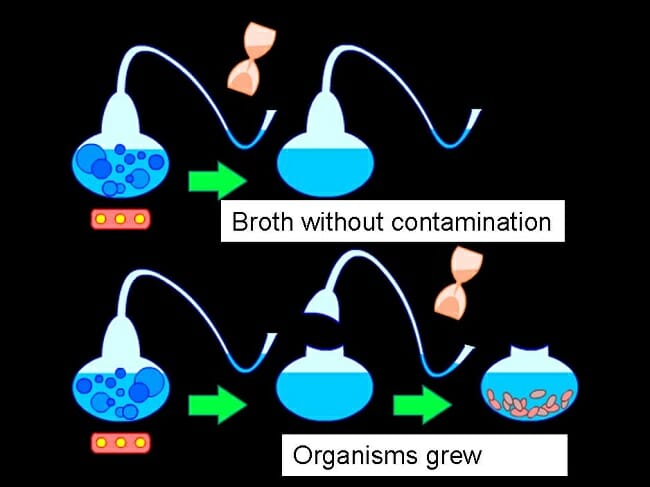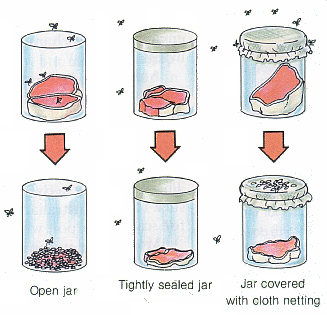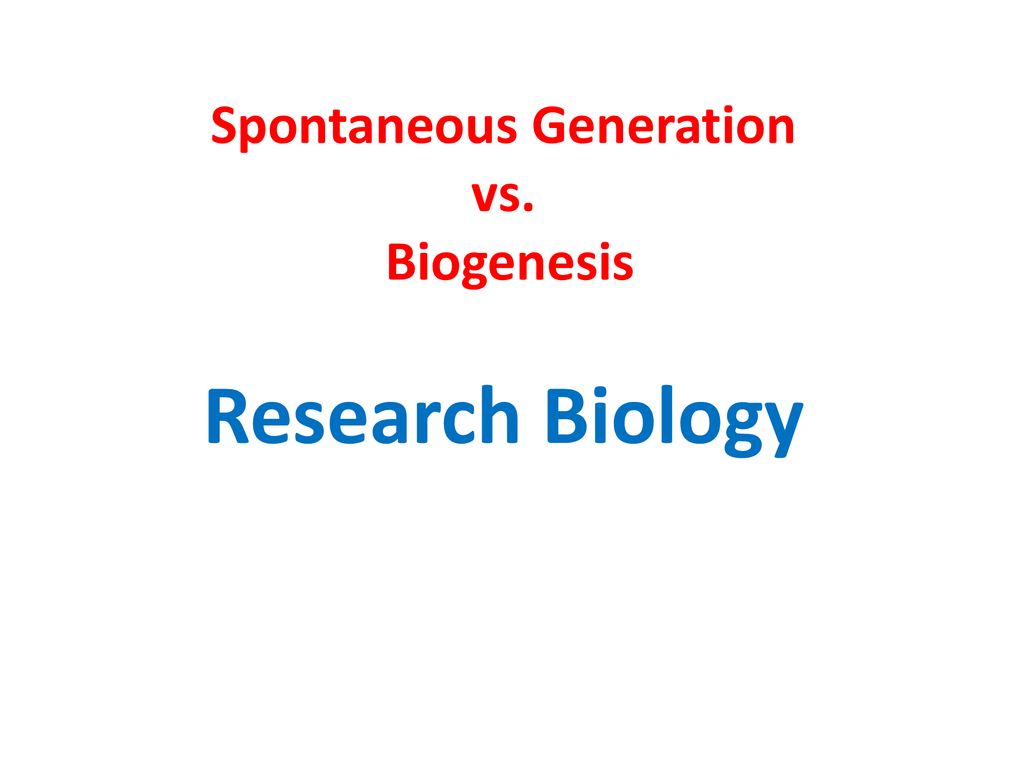Debate Between Spontaneous Generation And Biogenesis
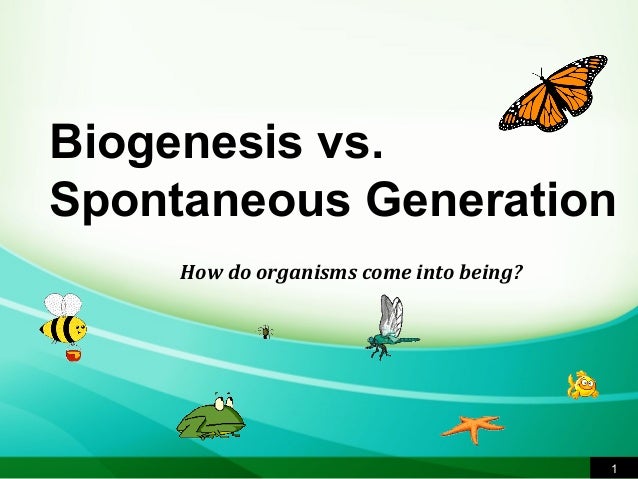
The main difference between spontaneous generation and biogenesis is that the spontaneous generation is a hypothesis that describes the origin of life from non living things whereas the biogenesis is a hypothesis that describes the origination of life from pre existing forms of life furthermore spontaneous generation or abiogenesis has not been proved by scientific experiments while.
Debate between spontaneous generation and biogenesis. The idea that life could come from non life was foundational to the theories of organic evolution by natural causes such as darwin s descent with modification. Later the work of louie pasture disproved spontaneous generation by using swan neck flask experiment. Francis redi was the first scientist who used controlled experiment and tested the idea of spontaneous generation. Learn more about spontaneous generation.
The greek scientist and philosopher aristotle 384 322 bce was one of the earliest scientists to describe a theory for abiogenesis in which all life arose directly from different combinations of earth wind fire and water. Pasteur 1822 1895 french chemist and microbiologist who wanted to prove bacteria came from unsanitary conditions. Louis pasteur a prominent french chemist who had been studying microbial fermentation and the causes of wine. Difference between spontaneous generation and biogenesis.
Not much more than 100 years ago people commonly believed that toads snakes and mice could be born of moist soil. Spontaneous generation is abiogenesis life from non life biogenesis is life from life. Before the experiments of louis pasteur most scientists believed that life come come from non life by spontaneous generation. The debate over spontaneous generation continued well into the nineteenth century with scientists serving as proponents of both sides.
They called this hypothetical process spontaneous generation. This concept is opposite of spontaneous generation i e. Some of the earliest experiments to challenge abiogenesis were performed during the italian renaissance in the 1600s. Spontaneous generation known also as abiogenesis was the theory believed by most philosophers and scientists of the day as there was no way to test any alternative ideas.
Spontaneous generation is the term that was used to describe the creation of life in this way. The invention and refinement of microscopes heated up the debate over spontaneous generation and spawned a slew of research over the next 200 years that would finally put an end to this idea. History of microbiology lecture main page. The germ theory of disease also called the pathogenic theory of medicine is a theory that proposes that microorganisms are the cause of many diseases although highly controversial when first proposed germ.
To settle the debate the paris academy of sciences offered a prize for resolution of the problem. Such genesis as does not involve the action of living parents. Sg believes life can come from non live sources biogenesis believes life can only come from other life. The debate over spontaneous generation.
